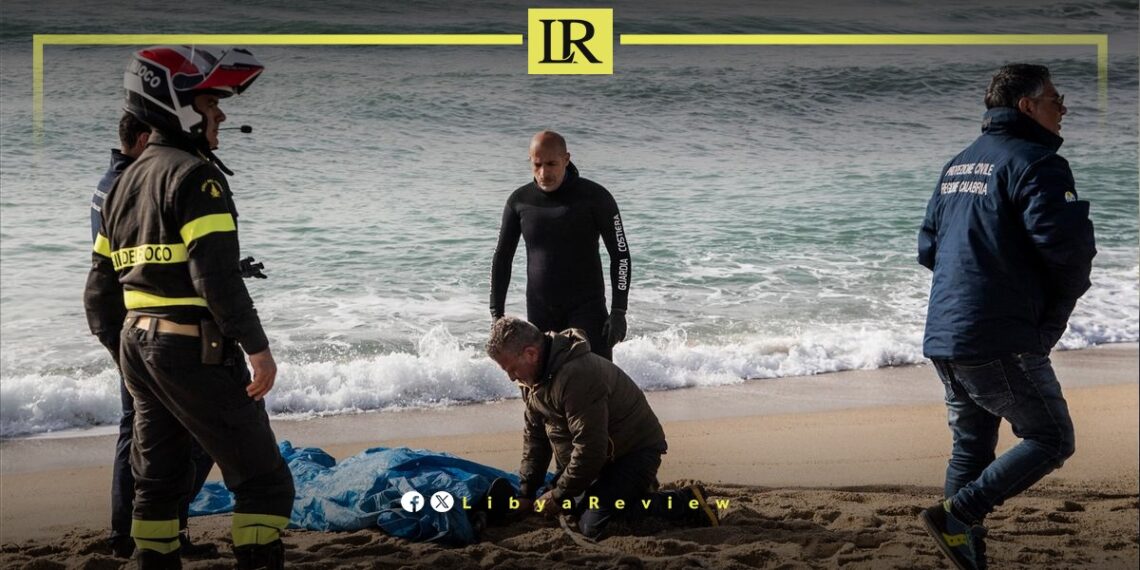On Saturday, the bodies of two migrants were recovered after their boat capsized near the coast of Zawiya.
In response to a distress call from the security point at Marsa Dilla, a Red Crescent’s Zawiya branch recovery team was immediately dispatched to the site.
The team successfully retrieved the bodies, which were handed over to local authorities to complete the necessary procedures. The search for additional bodies was unsuccessful, and local authorities have taken responsibility for the survivors.
The Mediterranean Sea has long been a dangerous route for migrants seeking to reach Europe from Africa. Libya, with its extensive coastline and proximity to Italy and Malta, is a major departure point for these dangerous journeys. Migrants fleeing conflict, persecution, and economic hardship in their home countries often fall prey to human traffickers who provide them with unseaworthy vessels for the crossing.
The capsizing incident near Zawiya underscores the ongoing humanitarian crisis faced by migrants attempting to cross the Mediterranean. According to the International Organization for Migration (IOM), thousands of migrants have died or gone missing in these waters over the past decade. The lack of safe and legal migration pathways compels many to risk their lives in search of better opportunities.
Libyan authorities, in coordination with international organizations such as the IOM and the United Nations High Commissioner for Refugees (UNHCR), have been working to address the migrant crisis. Efforts include rescue operations, providing humanitarian assistance, and facilitating voluntary return programs for migrants stranded in Libya.
However, the political instability and ongoing conflict in Libya pose significant challenges to these efforts. The country remains divided, with multiple factions controlling different regions, complicating the implementation of consistent and effective measures to manage and protect migrants.
The Red Crescent’s involvement in the recovery operation highlights the crucial role played by humanitarian organizations in responding to migrant emergencies. Their effort often carried out under difficult and dangerous conditions, provide essential support in saving lives and offering aid to survivors.


